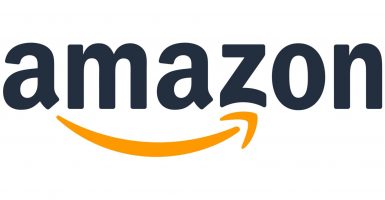Buy Now Pay Later Programs Now Apply To Healthcare
Buy now pay later programs are becoming increasingly more common in the healthcare sector; however, concerns have been raised regarding the repercussions that these programs could have in the future due to a lack of legal regulation.

A phrase made popular by J. Wellington Wimpy almost a full century ago, “I will gladly pay you Tuesday for a hamburger today.” This is the inception of buy now and pay later consumer borrowing in America. There is a budding new industry in the Healthcare market that is capitalizing on this need from consumers to get health procedures or services now and pay over time the high cost of the care provided.
The consumers that find themselves looking into buy now pay later financial services are people who either can’t afford the ballooning costs of out-of-pocket healthcare expenses or see it as an advantageous way to afford health services that your insurance provider may not cover. The most common types of services that these commerce companies are approving for consumers are elective procedures like cosmetic and fertility services. Consumers are looking at it from the perspective that I pay everything else that is expensive on installment loans, why shouldn’t I get my teeth fixed or my eyesight restored and pay for it in monthly payments?
As logical as that line of thinking can be, consumer advocates are raising the red flag on these types of buy now pay later healthcare services because of the lack of governmental regulation in this emerging industry. This industry has seen incredible growth over the last few years. STAT News reported, “Buy now, pay later loans for health services and products increased from $10 million in 2019 to $230 million in 2021, according to a September report from the Consumer Financial Protection Bureau that surveyed five lenders.”
You don’t have to look that far back in history to recall the out-of-control lending practices of Payday Loan companies that would put their customers who needed a one-time payday advance and wound up in an endless cycle of debt payments that would take a miracle to ever break the cycle with interest compounding over 150%. Some of the healthcare “buy now and pay later,” companies boast about their 100% approval rates, and they don’t run credit to approve a borrower. The credit system is in place to try to ensure borrowers have someone looking out for them to help them not get themselves in a situation where the customer is completely overextended and would put them and their families in financial ruin.
It is easy when you are in a desperate situation regarding your personal health to sign or do pretty much anything to take care of the issue you are facing. The big concern is whether people can make disciplined and wise financial decisions when they feel their health is in jeopardy. If you have had a legitimate toothache, a pinched nerve in your back, or a broken arm before, then you know you would say and do just about anything to get relief from the agony that comes along with those health issues.
These are legitimate concerns being brought up by those consumer advocates and solid reasons why the government should probably investigate this industry before we find out years down the road that it is a main factor in people losing their houses or any of the other extremely negative financial consequences that occur when companies prey on the desperate and downtrodden. However, if this buy now pay later operates above board, I know I will certainly use Lasik to restore my vision back to what it once was when I was younger.











